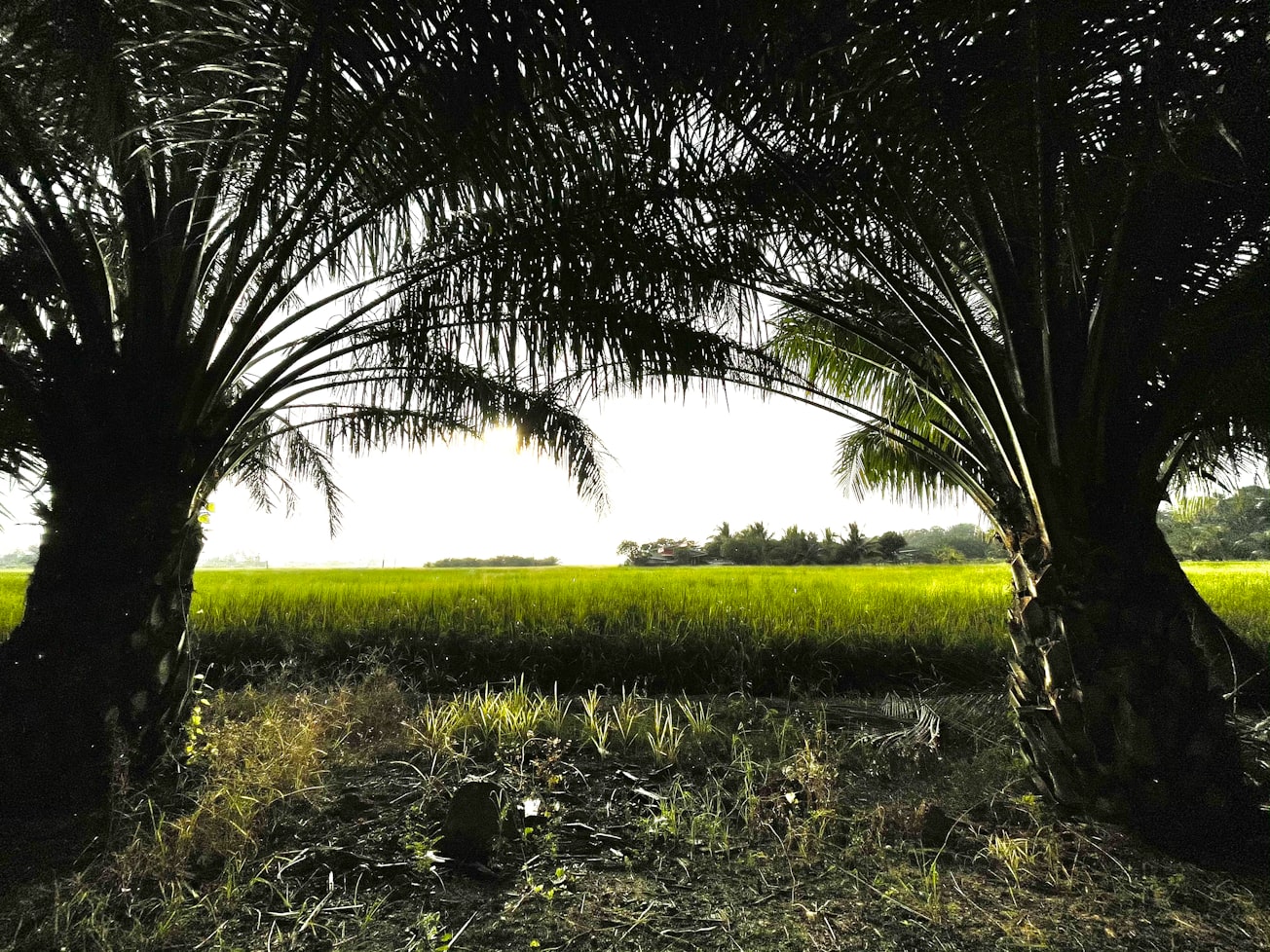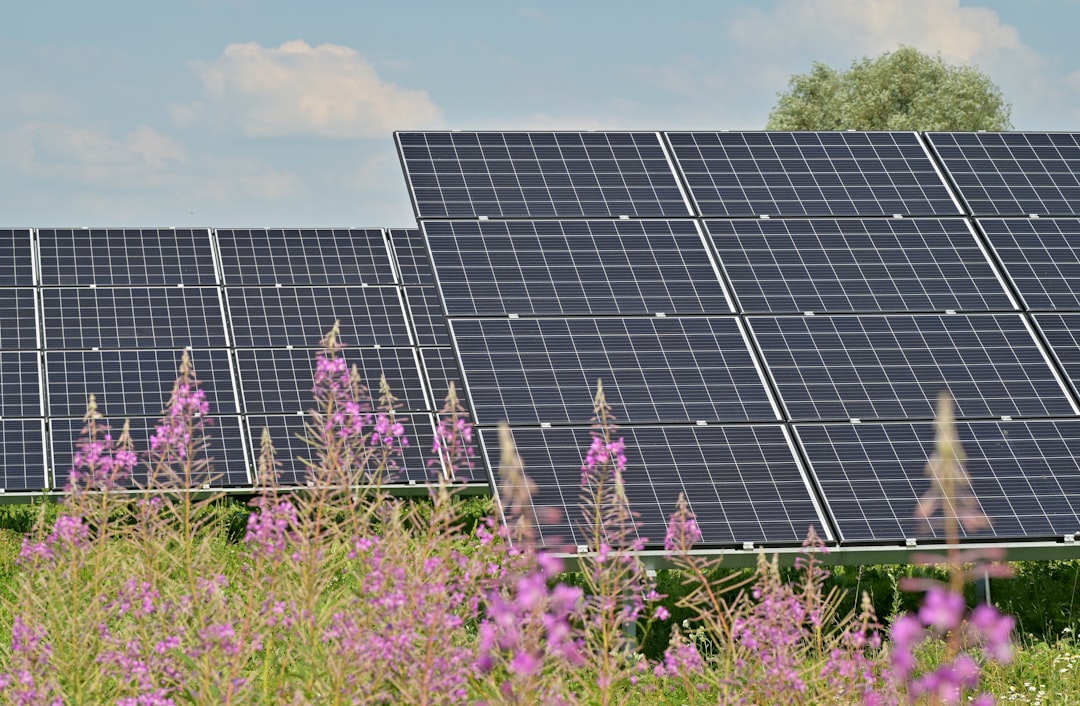What is it about?
This paper offers a critical examination of the palm biodiesel industry in Malaysia, a significant contributor to the country's economy. It traces the development of interest in palm-based biodiesel since the 1980s and discusses Malaysia's National Biofuel Policy, established in 2006 to promote the use of palm biodiesel as a substitute for fossil-based diesel. However, as of January 2013, implementation has been limited to the Klang Valley region, raising questions about sustainability and the effectiveness of the policy. The paper argues for a market-based policy approach over a technology-forcing mechanism to ensure the sustainable replacement of fossil diesel with palm biodiesel.
Featured Image

Photo by ISABELLA MALAYSIA on Unsplash
Why is it important?
Understanding the dynamics of the palm biodiesel landscape in Malaysia is crucial for several reasons. Firstly, the palm industry plays a significant role in the country's economy, generating a substantial portion of the gross national income per capita. Therefore, analyzing the development and implementation of palm biodiesel policies provides insights into economic strategies and their impact on national revenue. Secondly, as the world grapples with environmental challenges and seeks sustainable energy alternatives, the promotion of palm-based biodiesel as a substitute for fossil-based diesel is of global significance. Assessing the effectiveness and sustainability of such policies is essential for addressing climate change and reducing dependence on fossil fuels. Additionally, the discussion around the policy approach—whether market-based or technology-forcing—has implications for policy effectiveness, environmental sustainability, and industry development. Thus, this critical review informs policymakers, stakeholders, and researchers about the opportunities, challenges, and potential pathways for the palm biodiesel industry in Malaysia and beyond.
Perspectives
Palm biodiesel presents a promising alternative to fossil-based diesel, offering potential economic benefits while reducing greenhouse gas emissions. However, it's essential to critically assess the policies and implementation strategies surrounding palm biodiesel to ensure environmental sustainability and social equity. From my perspective, a market-based approach seems sensible, as it allows for flexibility and adaptation to market dynamics while incentivizing innovation and efficiency. Moreover, integrating sustainability criteria into policy frameworks is imperative to address concerns about land use, biodiversity conservation, and social impacts associated with palm oil production. Ultimately, this critical review highlights the importance of balancing economic development with environmental stewardship in shaping the future of Malaysia's palm biodiesel industry.
Mr. Lee Wei Chang
University of Malaya
Read the Original
This page is a summary of: A detailed survey of the palm and biodiesel industry landscape in Malaysia, Energy, November 2014, Elsevier,
DOI: 10.1016/j.energy.2014.09.007.
You can read the full text:
Contributors
The following have contributed to this page










